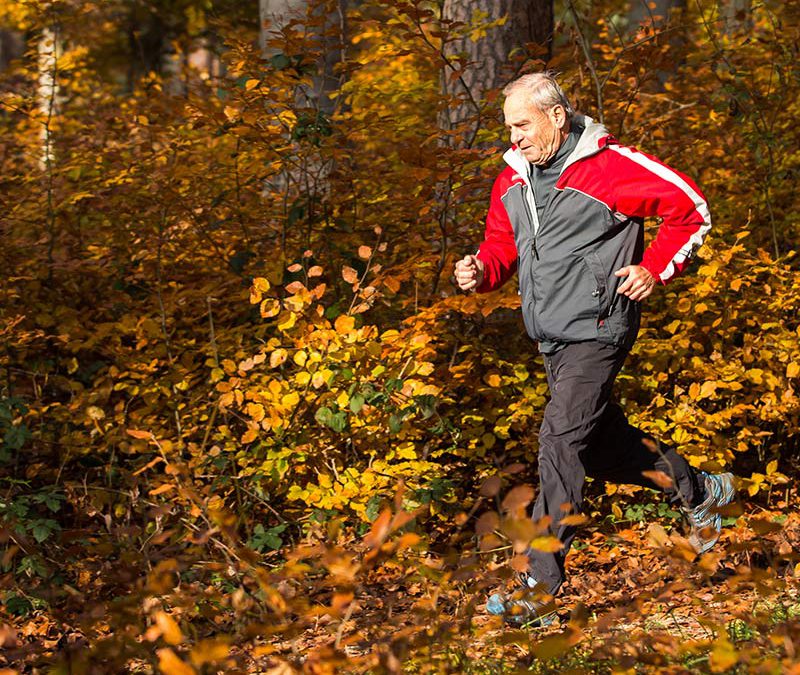Is your health all you would like it to be?
Are you thinking that you need to do something to improve your health? Need to eat better? Exercise more? Finding that you cannot do what you once could and wondering what to do about this?
When asked about what would most impact their vitality, most point to health concerns. And they also point to health-related issues as the most difficult to improve. It seems today’s busy world has us put up with health issues that hurt the quality of our days.
Imagine having a hearty and hale body that functions as expected and in top form. Do you remember the last time this was true for you? I hope it was as recent as yesterday and yet I expect you might point to an area needing improvement. It seems that the majority of us are juggling too many balls to manage well.
Our society sees ever increasing numbers who need support in managing their health and the aging of their bodies. Healthy aging is the ideal and we know people wonder whether what they are experiencing as they age is normal or abnormal. Although people age differently, some changes result from internal processes so such changes, although undesired, are considered normal. These changes occur in everyone who lives long enough, and that universality is part of the definition of pure aging. They are to be expected and will happen if you live long enough.
Exactly what constitutes normal aging is not always clear. Changes that occur with normal aging make people more likely to develop certain disorders. Cultural convention says that we peak physically in our 20s – 30s. Males tend to peak earlier and females a bit later. However, the effects of aging begin to occur in our mid 20’s. A specific example of this is that hearing begins to show decline after age 20. Yet, we can take action to compensate for the changes that occur after age 20. For example, with ageing people are more likely to encounter tooth decay but, seeing a dentist regularly, eating fewer sweets, and brushing and flossing regularly may prevent tooth loss that can occur.
Healthy (successful) aging
Healthy aging refers to postponement of or reduction in the undesired effects of aging. The goals of healthy aging are maintaining physical and mental health, avoiding disorders, and remaining active and independent. Maintaining general good health requires more effort as we age and developing certain healthy habits such as,
- Following a nutritious diet, one that will change as we age.
- Exercising regularly, requiring adapting as the years go by.
- Staying mentally active even after we leave formal educational work.
The sooner a person develops these habits, the better. However, it is never too late to begin. Nor is it too late to take care of a deficit in your health.
Some evidence suggests that in the United States, healthy aging is on the rise:
- A decrease in the percentage of older people residing in nursing homes (even though the percentage of people who are over age 65 and who are over age 85 has increased in the general population)
- A decrease in the percentage of people aged 75 to 84 who report impairments
- A decrease in the percentage of people over age 65 with debilitating disorders
This is good news indeed and yet there is no reason to accept those extra 10 pounds around your waist or the damage to your knee from teen year injury. The health of aging seniors is one thing but we also know that the overall health of younger Americans is not getting better. Obesity is on the rise as are other health issues and the use of pharmaceutical solutions to health care issues is as well.
Much of the gain in average life expectancy and quality of life of Americans continues to increase and can be attributed to the significant decrease in childhood mortality. Nonetheless, with these increases in longevity we will now need to focus on maintaining functional health over a longer number of years. Fifty years ago a 65 year old man was retired and in a nursing home. This has changed drastically as many baby boomers are still working at age 65 and not looking to slow down anytime soon. This means we need to learn good habits that will enable us to perform in good health over a longer time of living.
A longer life expectancy will be affected by a number of factors. While the first two are less under our personal control the last can easily be influenced to enhance your vitality.
Heredity: The genes you inherit will impact your health and longevity. There is good evidence that living to a very old age—to 100 or older—runs in families.
Exposure to toxins in the environment: Such exposure can shorten life expectancy even among people with the genetics for a long, healthy life.
Lifestyle, Health care/Self Care: Preventing disorders improves life expectancy and vibrancy and the kind of care changes over time. Maintaining a healthy weight and diet as well as exercising helps you function well and avoid disease. Avoiding self-abuse in drug, alcohol and tobacco use helps as does learning about the care needed to perform well over your life span. Longer life spans will mean a different type of care.
Unfortunately complacency and a lack of knowledge can prevent you from maintaining your health in top form.
The greatest thing you can do to improve your life expectancy and vibrancy and vitality is to exercise extreme self-care. Are you doing this? If not, what would make the biggest difference to you if you took care of it right now? Your health can be all you want it to be. If you could use some help with your health, call us to change that today.

